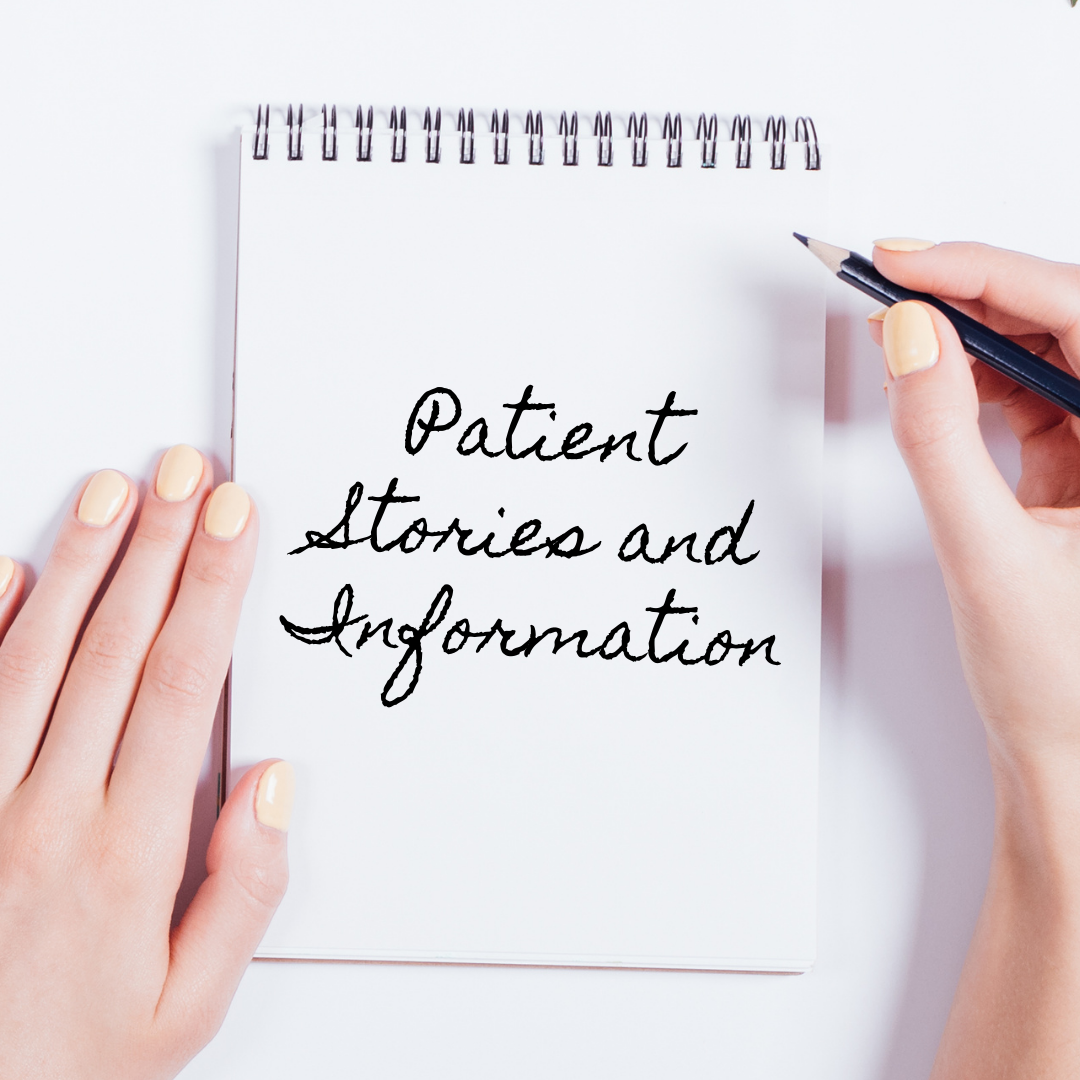Introduction
When it comes to managing kidney disease, adopting a kidney-friendly diet is essential for supporting kidney function and overall health. By understanding the role of diet in managing kidney disease and making informed food choices, individuals can optimize their health outcomes and enhance their quality of life. Let's explore the principles of a kidney-friendly diet and discover delicious and nutritious foods to include.
Understanding Kidney-Friendly Eating
For individuals with kidney disease, diet plays a critical role in managing the condition and preventing complications. A kidney-friendly diet aims to minimize the workload on the kidneys, reduce the buildup of waste products and toxins in the body, and maintain overall health.
Key principles of a kidney-friendly diet include:
-
Limiting Sodium: Excess sodium can lead to fluid retention and high blood pressure, both of which can strain the kidneys. Minimize sodium intake by avoiding processed and packaged foods. Instead, opt for fresh or frozen fruits and vegetables, and season dishes with herbs and spices in place of salt.
-
Managing Potassium: Potassium is essential for nerve and muscle function, but too much can be harmful to individuals with kidney disease. Choose lower-potassium foods such as apples, berries, cabbage, and green beans, and limit high-potassium foods like bananas, oranges, potatoes, and tomatoes.
-
Watching Phosphorus: Elevated phosphorus levels can weaken bones and contribute to cardiovascular complications in kidney disease. Limit phosphorus intake by avoiding processed meats, cheese, soda, and packaged foods, and opt for phosphorus-friendly alternatives such as lean proteins, whole grains, and fresh produce.
-
Controlling Protein: While protein is necessary for muscle maintenance and repair, excessive protein intake can burden the kidneys. Monitor protein consumption and choose high-quality sources such as lean meats, fish, poultry, eggs, and plant-based proteins like beans, lentils, and tofu.
-
Monitoring Fluid Intake: Those with kidney disease may need to limit their fluid intake, especially if experiencing fluid retention or swelling. Follow your healthcare provider's recommendations for fluid restriction and choose thirst-quenching options like ice chips, sugar-free popsicles, and small sips of water throughout the day.
Nutritious Foods for Kidney Health
Building a kidney-friendly plate is all about incorporating nutrient-rich foods that support kidney function and overall health. Here are some delicious and nutritious options to include in a kidney-friendly diet:
-
Fresh Fruits: Apples, berries, cherries, grapes, peaches, and pears are excellent choices for their low potassium and phosphorus content.
-
Vegetables: Asparagus, bell peppers, cabbage, cauliflower, cucumbers, green beans, and kale are nutrient-packed options with kidney-friendly profiles.
-
Whole Grains: Brown rice, quinoa, bulgur, barley, and whole wheat bread provide fiber, vitamins, and minerals without excessive phosphorus.
-
Lean Proteins: Skinless poultry, fish, eggs, tofu, and small portions of lean cuts of beef or pork offer essential protein without overloading the kidneys.
-
Healthy Fats: Avocado, olive oil, nuts, and seeds provide heart-healthy fats and add flavor and texture to meals.
-
Dairy Alternatives: Opt for low-phosphorus dairy alternatives such as almond milk, coconut milk, or rice milk if dairy is limited.
-
Herbs and Spices: Enhance the flavor of dishes with herbs and spices like basil, cilantro, garlic, ginger, and turmeric, reducing the need for salt.
Conclusion:
A kidney-friendly diet is the cornerstone of managing kidney disease and promoting overall health and well-being. By prioritizing nutrient-rich foods, monitoring key nutrients, and following dietary guidelines, individuals can support their kidney function and enhance their quality of life. As we observe Kidney Disease Awareness Month, let us empower individuals with the knowledge and resources to make nourishing food choices that nurture their kidney health.
Remember, small changes can make a big difference in supporting kidney health and improving overall quality of life. Consult with a healthcare provider or registered dietitian for personalized dietary recommendations tailored to your individual needs and preferences.
Let's embark on a journey of nourishment and well-being, one kidney-friendly meal at a time.
References:
- National Kidney Foundation. (n.d.). Kidney-Friendly Diet & Foods for CKD—American Kidney Fund.
- Mayo Clinic. (2021, February 26). Chronic kidney disease—Mayo Clinic.
If you are looking for more resources and support regarding kidney disease and awareness, check out our other blogs:
The 6 Best Gifts For Someone Going Through Dialysis
Understanding the 3 Main Types of Dialysis Treatments
Traveling with a Chronic Illness Checklist










Leave a comment (all fields required)